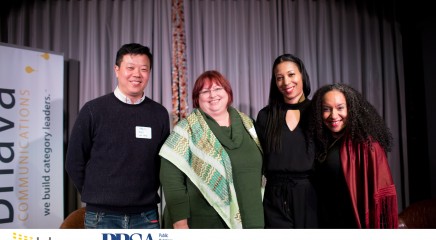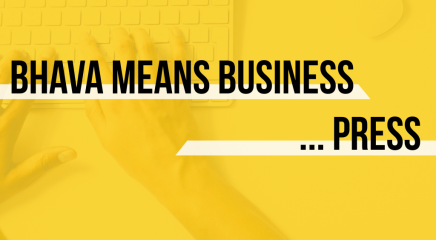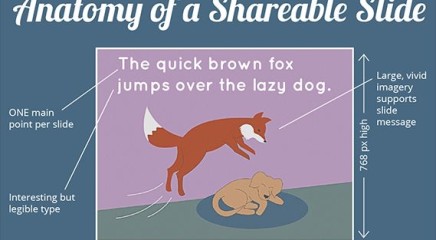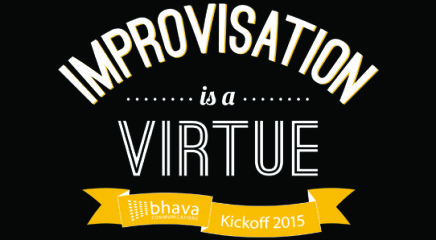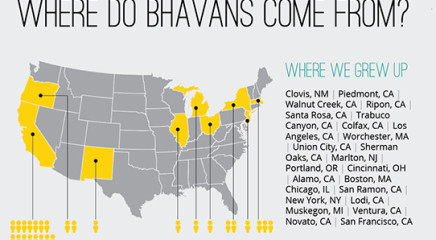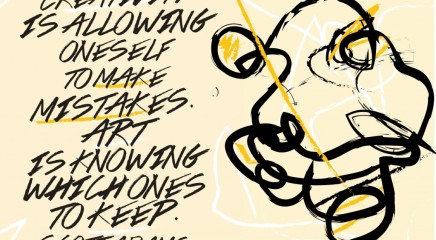Helping Tech Marketing Answer “So What?”

Growing up with a father who works in the technology industry, I’d always try to get him to explain his work to me. “What do you do?” I asked him. Eager to educate, my father would launch into an extremely long and detailed description of software design, the hardware inside computers and the microchip competitive landscape. After about a minute, I’d be lost. After ten minutes, I would realize that maybe I had asked the wrong question. I’d interrupt him and revise: “Ok, but so what? What’s the point?”
Though I could have been more tactful, I stand by the spirit of my question. I believe that all of us should be able to explain why our work is important to other people. Sure, the primary market for microchip production software may not be twelve- to fifteen-year-old girls, but there’s a point at which everyone—your family, your colleagues, even the people you’re selling to—will all say, “So what?”
When it comes to talking about technology, this question is essential. If you aren’t able to explain why your product or innovation is good or useful to other people, it’s probably not very good or very useful. Or at least that’s how people will perceive it. Even the best work often doesn’t speak for itself—it needs advocacy. You might have the most incredible bird-watching app in the world but if you can’t explain why it will be useful to bird lovers, well, that’s the end of your company.
Over time, my own answer to “so what?” has evolved. During college, I studied English and completed a program in international development that made me aware of the transformative potential of technology. I was floored by the impact that innovations like mobile phones can have on the lives of people in poverty. Realizing that I was more of my father’s daughter than I once thought, I decided to work in the tech industry.
After graduation, I eventually landed at a startup in downtown San Francisco that made interactive books. Though the books were beautiful and useful, we had trouble getting publishers and readers to adopt the format. Eventually, the company’s leadership decided to transform the company into an enterprise software provider. Building a good product that couldn’t take off was frustrating. I realized that I wanted to give these products a chance to find their market so I transitioned my content skills into tech marketing.
I was freelancing when a friend reached out to me about a position at Bhava and I jumped at the opportunity to apply. She had always raved about working there, and though freelancing can be great if you like to set your own schedule, I missed working on a team that could back me up and challenge me to do better.
I knew that it would be a good fit as soon as I talked with founder Elizabeth Zaborowska about why she chose to name her company “Bhava.” I came to understand that my experience at Bhava would be defined by a holistic approach to our work. That my blog posts and infographics would not be piecemeal but would be part of a strategy of purposeful, high level thinking regarding valuable content. That understanding the purpose of our work would be just as important as how we do our work.
These days, I feel fortunate to work with a talented team who shares my same enthusiasm for helping technology companies answer, “so what?” Here, I focus on sharpening my content development skills and take on new challenges by working under people who really know what they’re doing. We get to dig into a company or product, understand why it matters and—the best part—support its journey from a company’s radical idea to another widespread technology upon which future radical ideas stand. Pretty awesome stuff.








